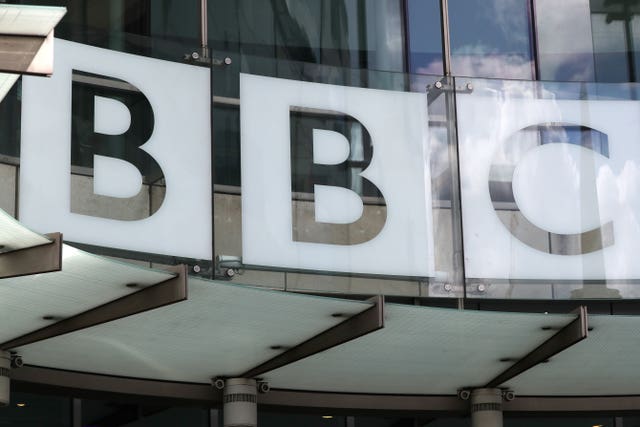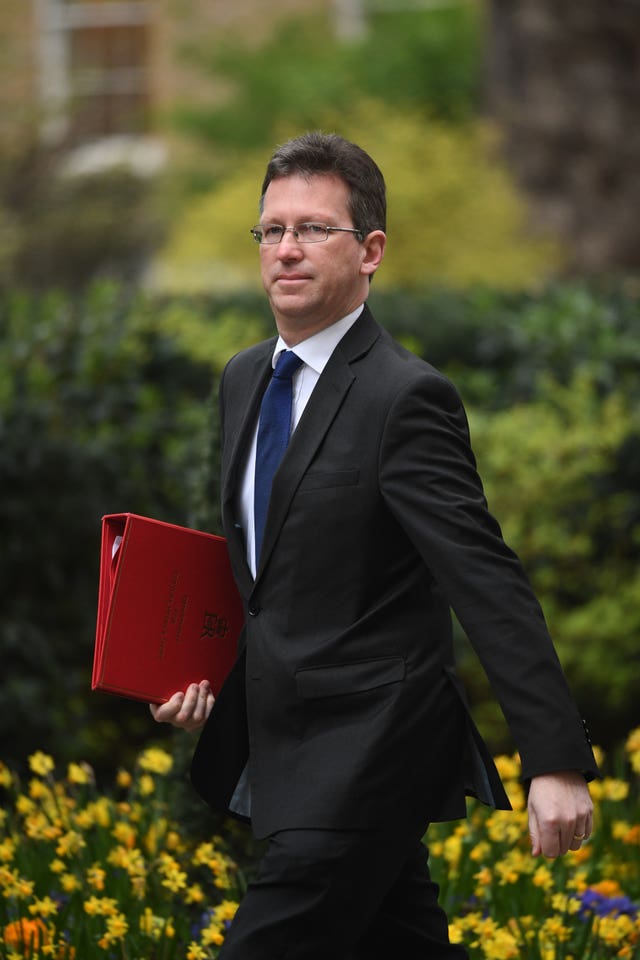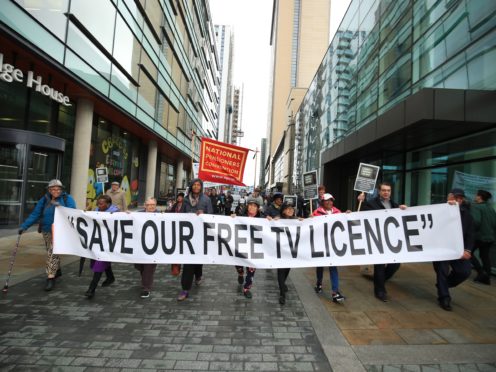The Culture Secretary has met BBC bosses to tell them they must “do better” on offering TV licences to over-75s.
The BBC has said the concession will only be available to households where someone receives pension credit from June 2020, whereas it is currently available to everyone over the age of 75.
Jeremy Wright told MPs he has recently met with BBC management “to discuss what more (the corporation) could do”.
Labour MP Daniel Zeichner (Cambridge) said wealthy pensioners are not the only ones who will lose their TV licences once they are means tested.

Jeremy Wright said: “That is exactly right.
“That is exactly why we continue to say to the BBC that they need to do better than they’re doing at the moment.”
SNP MP Gavin Newlands said the BBC is not “a benefits agency” and asked when the decision would be reversed.
He added: “Both Tory leadership contenders have condemned the proposal to remove the TV licences from over-75s and have stated that it must be reversed.”
Mr Wright said MPs took the decision to transfer responsibility to the BBC in 2017.
He added: “I can assure him that the conversations about more we expect of the BBC will continue and we expect them to do more.”
Shadow culture secretary Tom Watson asked his opposite number if he could “live with” the decision to take TV licences away from widowers.
Mr Watson said: “Perhaps the most difficult part of growing old is the loss of a husband, wife or partner.
“The person you shared your every day and every thought with often over a lifetime.
“There are nearly 600,000 widowed men and 1.5 million widowed women over the age of 75.
“An estimated seven out of 10 widowers are going to lose their free TV licence.
“That’s nearly 1.5 million people who’ve lost their life partner who are now going to be stripped of the comfort of their television by this Conservative Government.”
Mr Wright replied: “The decision that has been made is a decision to transfer this responsibility to the BBC.
“How the BBC choose to exercise their responsibility is, as they and we say, their responsibility.
“The point that the honourable gentleman makes is a fair one and is a point that needs to be heard by the BBC as they make the decision as to what more they can do to help those who are in particular need or are particularly vulnerable.
“That is exactly the conversation that I am having with the BBC.”
Labour MP Jessica Morden (Newport East) accused the Government of blaming the BBC for the decision.
She said: “Without hiding behind the BBC again, can the minister explain to my constituent who rang up incensed to hear that his 86-year-old neighbour who is a veteran who relies on his TV for company should have his TV licence taken away?”
Mr Wright replied: “First of all, nobody is hiding behind the BBC.
“The fact of the matter is that legislation has now provided that this decision should be one for the BBC to take.
“Indeed, if you listen to what the BBC say, that is exactly the message they give too. It is their decision and their responsibility.
“In relation to veterans, she makes a good point and it is one of the issues that I have raised with the BBC and I expect that they will be able to do more for veterans and that they should.”

Tory MP Phillip Hollobone (Kettering) asked why the Government has not scrapped TV licences for everyone.
He said: “The supermarket equivalent of this is under threat of criminal sanction forcing everyone to spend £150 in Tesco even if they shop at Aldi, Sainsbury, Co-op or elsewhere.”
Responding, Mr Wright said: “I can’t agree with my honourable friend about that.
“We have looked carefully in previous years at whether or not this is the right way to fund the BBC and the conclusion that’s been reached that it is and the Government has no plans to change that fundamental funding model.”
A spokesman for the BBC said: “We’ve reached the fairest decision we can – one that protects the poorest pensioners while ensuring everyone will continue to receive the best programmes and services that the BBC can provide.
“We recognise that some people are vulnerable and it’s important to provide additional support for these customers, and we’ll be putting a significant focus on this.
“We’ll be working very closely with organisations supporting older people to offer as much help as we can and from next year, TV Licensing will also be providing face to face assistance for older people through an outreach programme delivered by specially trained staff, for example through meetings in community centres.
“We’re also introducing a new pay as you go payment plan for pensioners aged 75 or over who are now eligible to pay which will include smaller fortnightly or monthly instalments.”
